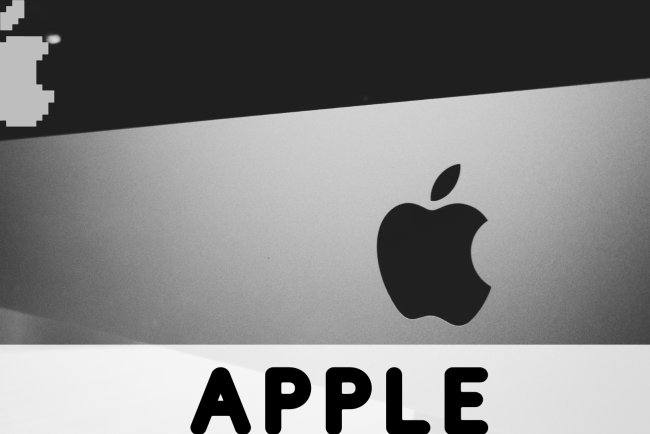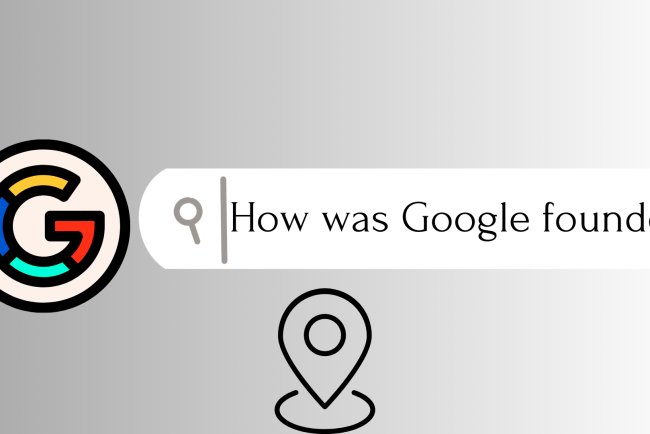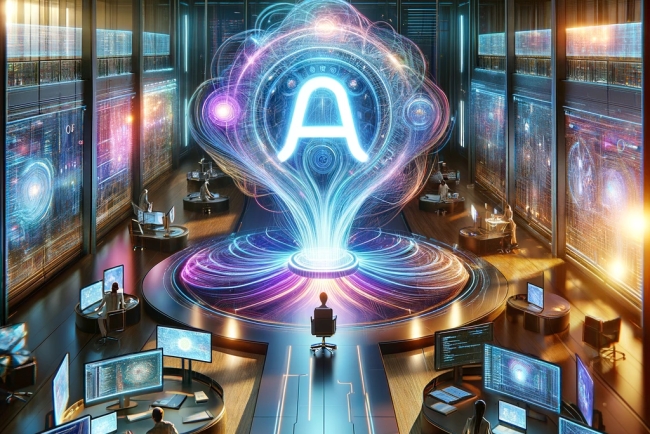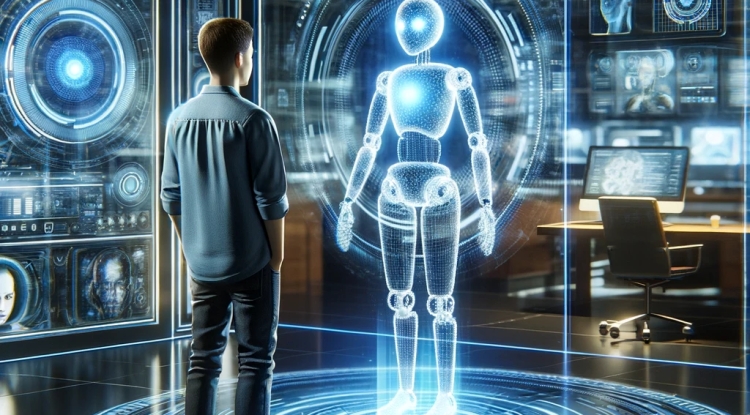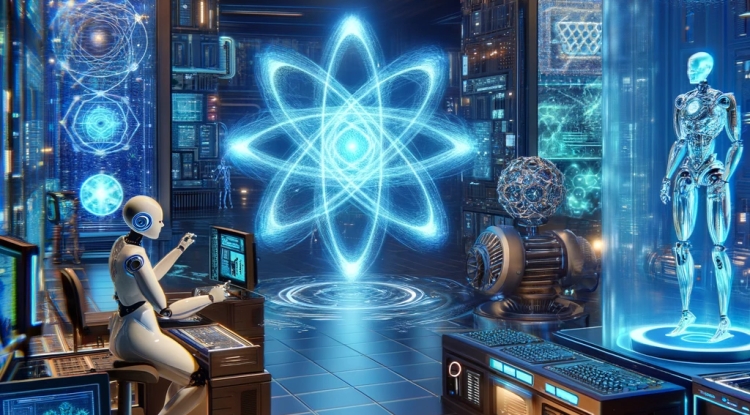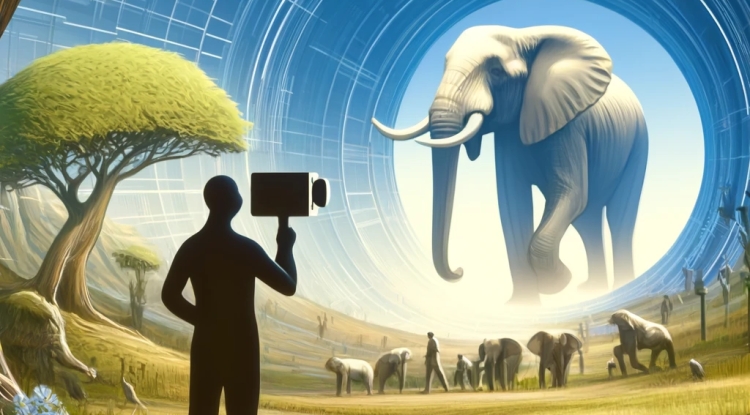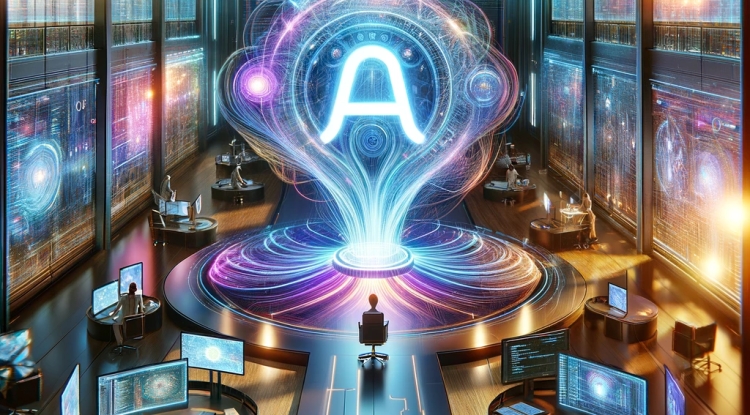Pioneers of the Digital Frontier: The Story of Microsoft, Bill Gates, and Paul Allen
"Pioneers of the Digital Frontier: The Story of Microsoft, Bill Gates, and Paul Allen" offers an engaging exploration into the origins of Microsoft and its journey to becoming a technology powerhouse. This blog traces the steps of Bill Gates and Paul Allen from their early days of coding to launching the first widely successful personal computer software, laying the foundation for the digital age. It highlights their innovative spirit and how they transformed personal computing, making technology accessible to millions. Beyond their technological achievements, the blog also touches on their significant contributions to global philanthropy, underlining their lasting impact on both the tech world and society at large. This narrative is a testament to the power of vision, innovation, and the enduring influence of Microsoft's co-founders.

Microsoft's Journey: From Garage to Global Innovator
A Modest Beginning
In the spring of 1975, two young entrepreneurs passionate about technology, Bill Gates and Paul Allen, embarked on a journey with a vision to change the world. At that time, computers were massive machines used only by large institutions. However, Gates and Allen believed that personal computers (PCs) would eventually be accessible to everyone and become a staple in every home. With this belief, they took a historic step by founding Microsoft in Albuquerque, New Mexico.
The First Product and Major Success
Microsoft's first product was a BASIC interpreter developed for the MITS Altair 8800. This product was the company's inaugural software release, making computer programming more accessible. Its success quickly established Microsoft as a recognized name in the software industry.
The Birth of Windows
In the early 1980s, Microsoft made a new leap with the vision of creating a user-friendly operating system. In 1985, Microsoft launched Windows 1.0. Its graphical user interface (GUI) allowed users to interact with their computers using icons and windows instead of the command line. This played a significant role in making computers more widely accepted by the general public.
Transition to the Internet Age
In the mid-1990s, Microsoft recognized the importance of the internet early on and invested in this area. The launch of Internet Explorer and the integrated internet features of Windows 95 propelled the company to the forefront of the digital age.
Innovation and Diversification
In the 2000s and beyond, Microsoft continued to expand its product range and lead innovations in the technology world. It made significant strides in cloud computing, artificial intelligence, gaming, and mobile technologies. With products like Azure, Office 365, and Xbox, the company began to make its presence felt in every area of technology.
Today and the Future
Today, Microsoft continues to be a leading company shaping technology. It is also making its mark with social responsibility projects in areas such as sustainability, education, and health technologies. The journey started by Bill Gates and Paul Allen has become a symbol of the continuous search to make technology more humane, accessible, and impactful.
Bill Gates: The Visionary Who Changed Our World
In the pantheon of technology pioneers, few have left as indelible a mark as Bill Gates. Co-founder of Microsoft, Gates transformed the technology landscape, making computing accessible and essential to households and businesses worldwide. His journey from a passionate young programmer to one of the most influential figures in tech is a testament to the power of innovation and vision.
Early Life and Microsoft
Born on October 28, 1955, in Seattle, Washington, Gates showed early interest in computer programming. By the age of 13, he was already crafting programs on a General Electric computer. His path took a decisive turn when he met Paul Allen in high school, a partnership that would eventually revolutionize the computing world.
In 1975, Gates and Allen founded Microsoft, a company that would bring the personal computer to the masses. Their first major success was developing a BASIC interpreter for the Altair 8800, an early personal computer. This project laid the groundwork for Microsoft's future in software development, leading to the creation of the Windows operating system, which would become the backbone of PC computing.
Philanthropy and Beyond
While Bill Gates is often celebrated for his technological achievements, his contributions to global health and education through philanthropy are equally remarkable. In 2000, he and his then-wife, Melinda, established the Bill & Melinda Gates Foundation, which has since spent billions to combat poverty, disease, and inequity around the world. The foundation's efforts in improving health care, reducing infectious diseases, and expanding educational opportunities have had a profound impact on millions of lives.
A Thought Leader and Visionary
Beyond his business and philanthropic endeavors, Gates is a thought leader who frequently shares insights on the challenges and opportunities facing our world. His perspectives on climate change, healthcare, and technology's role in society inspire action and innovation. Through his blog, "GatesNotes," he explores solutions to critical global issues, demonstrating his commitment to leveraging technology for the greater good.
Legacy and Influence
Bill Gates' legacy extends far beyond the software that runs on billions of computers. He has shaped the way we live, work, and interact with technology, while his philanthropic efforts continue to improve the quality of life for people around the globe. As a visionary, his foresight into the potential of computing has paved the way for advancements in various fields, making him a true pioneer of the digital age.
As we look at the technological conveniences and global initiatives that define our modern world, the influence of Bill Gates is unmistakably present. His journey reminds us of the profound impact one individual can have on the future of humanity.
Paul Allen: The Quiet Pioneer of the Digital Age
While Bill Gates may be the more publicly recognized face of Microsoft, the story of the tech giant's rise is incomplete without Paul Allen, its co-founder. Allen's contributions to technology, philanthropy, and the arts have left an indelible mark on the world, showcasing the breadth of his interests and his vision for the future.
Early Years and Microsoft
Paul Gardner Allen was born on January 21, 1953, in Seattle, Washington. His fascination with computers began at a young age, leading him to meet Bill Gates while both were students at Lakeside School. This meeting would prove fortuitous, laying the foundation for a partnership that would change the course of technology.
In 1975, Allen and Gates founded Microsoft, a decision catalyzed by Allen spotting an opportunity in the Altair 8800 microcomputer. He convinced Gates to join him in developing software for the new platform, leading to the creation of Microsoft's first product, a BASIC interpreter for the Altair. This early success was just the beginning of Allen's vision coming to life, with Microsoft going on to dominate the personal computing era.
Beyond Microsoft
Paul Allen's interests and influence extended far beyond Microsoft. After leaving the company in 1983 due to health reasons, Allen became a prolific investor, putting his wealth into a wide range of ventures. From technology companies to space exploration and brain science, Allen was driven by a curiosity to understand the universe and humanity's place within it.
One of his most notable ventures was the establishment of Vulcan Inc., a private company managing his various business and philanthropic efforts. Through Vulcan, Allen invested in research that tackled some of society's biggest challenges, including climate change, biodiversity, and ocean health.
A Patron of the Arts and Sciences
Allen was also well-known for his contributions to the arts and sciences. He founded the Allen Institute for Brain Science to accelerate understanding of the human brain, contributing significantly to neuroscience research. His passion for music and the arts led to the creation of the Museum of Pop Culture in Seattle, a testament to his belief in the power of art to inspire and educate.
Legacy and Impact
Paul Allen passed away on October 15, 2018, but his legacy endures. His vision for a better future, where technology and innovation serve humanity, continues to influence the fields he was passionate about. From reshaping the tech landscape with Microsoft to his philanthropic efforts aimed at improving human health and understanding, Allen's impact is profound and far-reaching.
Conclusion
Paul Allen's journey from a curious child fascinated by computers to a visionary entrepreneur and philanthropist illustrates the impact of pursuing one's passions. His work with Microsoft laid the groundwork for the digital revolution, while his investments and philanthropy aimed to solve global challenges. Allen's life reminds us of the power of innovation, curiosity, and generosity to create a lasting legacy.
What's Your Reaction?







